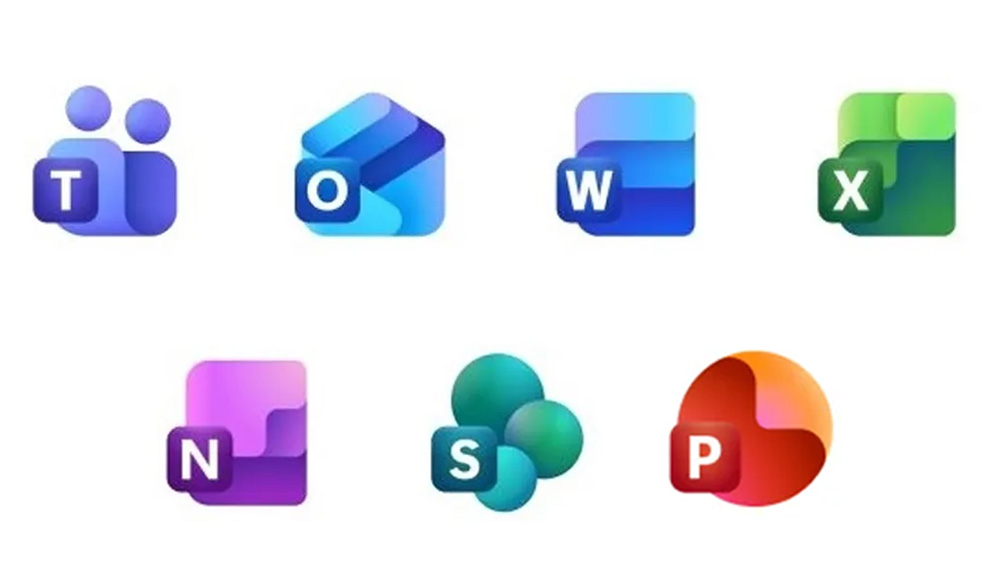Google DeepMind's Resurgence: A Look at the AI Landscape

Throughout my journey in the realm of artificial intelligence, I've often found myself in a unique position of admiration and preference. Even during my most optimistic times regarding OpenAI, I harbored a deep-seated bias towards DeepMind. My belief in Demis Hassabis, the CEO of DeepMind, stems from a sense of trustworthiness and scientific integrity that I have often felt was lacking in Sam Altman, OpenAI's founder. Hassabis embodies the essence of a true scientist, driven by a quest for knowledge rather than mere business acumen.
DeepMind's groundbreaking projects, such as AlphaGo and AlphaZero, are not merely historical milestones to me; they evoke a sense of nostalgia. ChatGPT has certainly made waves in the AI community, but I often find myself reminiscing about the iconic move 37 from AlphaGo or the riveting chess matches between AlphaZero and Stockfish 8. My enthusiasm for AI has grown concurrently with DeepMinds successes, akin to the fervor of a sports fan cheering for their favorite team.
However, Ive felt a tinge of sadness as I observed DeepMind's struggles over the years. They possessed the technology, the talent, the financial backing, the infrastructure, and the prestige necessary to develop groundbreaking AI applications, including their own version of ChatGPT, long before OpenAI did. Yet, they hesitated. CEO Sundar Pichai made the cautious decision to protect Googles primary revenue streams, namely search and advertising, opting for prudence instead of daring innovation. This decision, while seemingly wise in safeguarding their core business, ultimately led to a stagnation in their AI advancements.
But that was not their only misstep. Fast forward to the present day, over two and a half years after the initial upheaval brought about by ChatGPT's launch, and it seems Google DeepMind is now firmly in the driver's seat. Their current success has reached a level that is almost overwhelmingone could humorously imagine them exclaiming, Please, we cant take it anymore, its too much winning! Seriously, it makes me ponder whether the only reason that competitors like OpenAI, Anthropic, and Meta had any chance of success was due to that one significant misstep by Google. Now, the tables have turned.
Initially, I hesitated to delve into the details surrounding Gemini 2.5, as I believed that merely focusing on this AI model wouldnt capture the broader narrative of Googles resurgence. Gemini 2.5 is certainly a pivotal componentan important piece of a larger puzzlebut it's essential to recognize that Googles comeback story involves much more. Back in December 2024, I had confidently predicted that by the end of 2025, they would emerge as industry leaders. Astonishingly, we havent even reached the midpoint of the year, yet it appears that my prediction has already come to fruition. (Interestingly, some individuals still believed that xAI stood a chance, a notion I find perplexing.)
In an effort to keep this commentary from becoming excessively elaboratean inclination I struggle withI will present my observations in bullet points, as they tend to hit harder and resonate more profoundly:
- Google and DeepMind have finally found their stride in the AI landscape.
- They possess superior AI models compared to OpenAI and Anthropic.
- Google remains a consumer software powerhouse, excelling in areas beyond AI.
Before I conclude, I want to express my sincere gratitude to the readers who have supported this newsletter, as it allows me to explore the complexities of AI and share insights with those who may find themselves perplexed in this rapidly evolving field. Many thanks to those who contribute, as your support is invaluable.
In reflection, I am certain there are numerous angles I may have overlooked, but I believe Ive covered enough ground regarding Googles current winning streak.
As I consider the combined potential of Google and DeepMind, I am left to wonder why I, along with many others, ever placed our faith in OpenAI, Anthropic, or even Meta. I look forward to observing how these companies respond in the evolving AI landscape, and I'll remain vigilant to cover any noteworthy developments, even as I've cast my lot with those I believe are most likely to prevail.






















